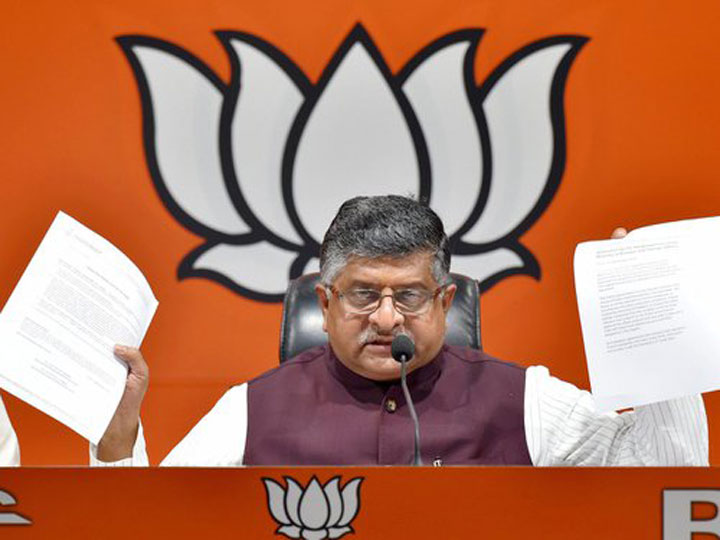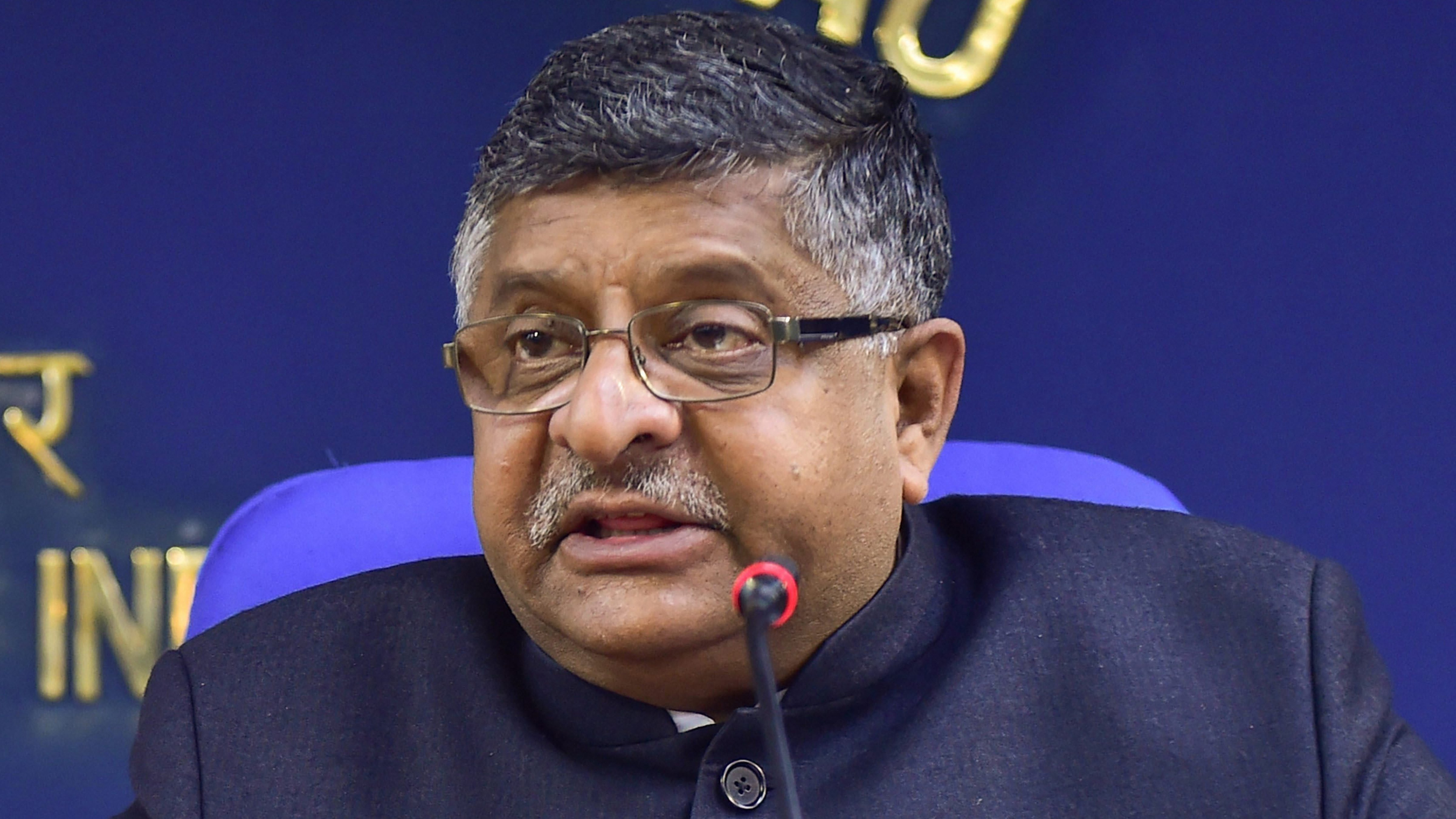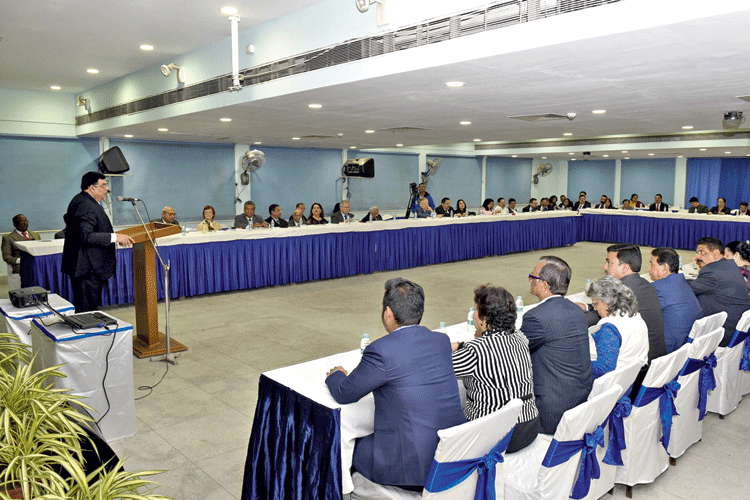Data can, metaphorically speaking, be an ass. Consider some of the figures that were reportedly cited by the Union law minister, Ravi Shankar Prasad, in his defence of the Constitution (126th Amendment) bill, which, while extending reservations for the scheduled castes and the scheduled tribes, has done away with the practice of nominating members from the Anglo Indian community to the Lok Sabha and to some state legislatures. According to Mr Prasad’s calculations — they correspond to the astounding findings of the 2011 census — India has only 296 members from this community. Uttarakhand, Jharkhand and Madhya Pradesh, Mr Prasad claimed during the deliberations, did not have a single Anglo Indian resident. How is it then that the Bharatiya Janata Party ended up nominating Anglo Indian citizens from these very states? But then, Mr Prasad’s party is renowned for its ability to cook the books. Have the data on the Anglo Indian population been deliberately undercooked? If so, what exactly is the BJP’s ploy here? These questions are legitimate since the party’s attitude towards minorities has merited serious concern over the years.
Statistical jugglery is, however, not the bone of contention here. Article 331 of the Constitution provided community representation to Anglo Indians at a national level. This spirit of accommodation was consistent with the humanist and equitable vision of India’s first prime minister. The visionary in Jawaharlal Nehru was particularly alert to the need for India, born out of sectarian bloodshed, to adhere to a pluralist ethic, if only to set an example to the world. Indeed, the principle of representation is integral to a democratic polity as diverse as India. By honouring the claims of representation from those who were, and still are, not robust numerically, Independent India committed itself to upholding the philosophy of equality in the truest possible sense. Unfortunately, this pledge is now under assault in a majoritarian political ambience in which electoral dominance is being interpreted as a licence by the ruling party to strip minorities of entitlements. The claim that there is a pattern between the 126th amendment and the Citizenship (Amendment) Act, which views citizenship through the lens of faith, may not be far-fetched. History has shown that the transformation of the character of a nation often begins with seemingly innocuous acts of omission.












